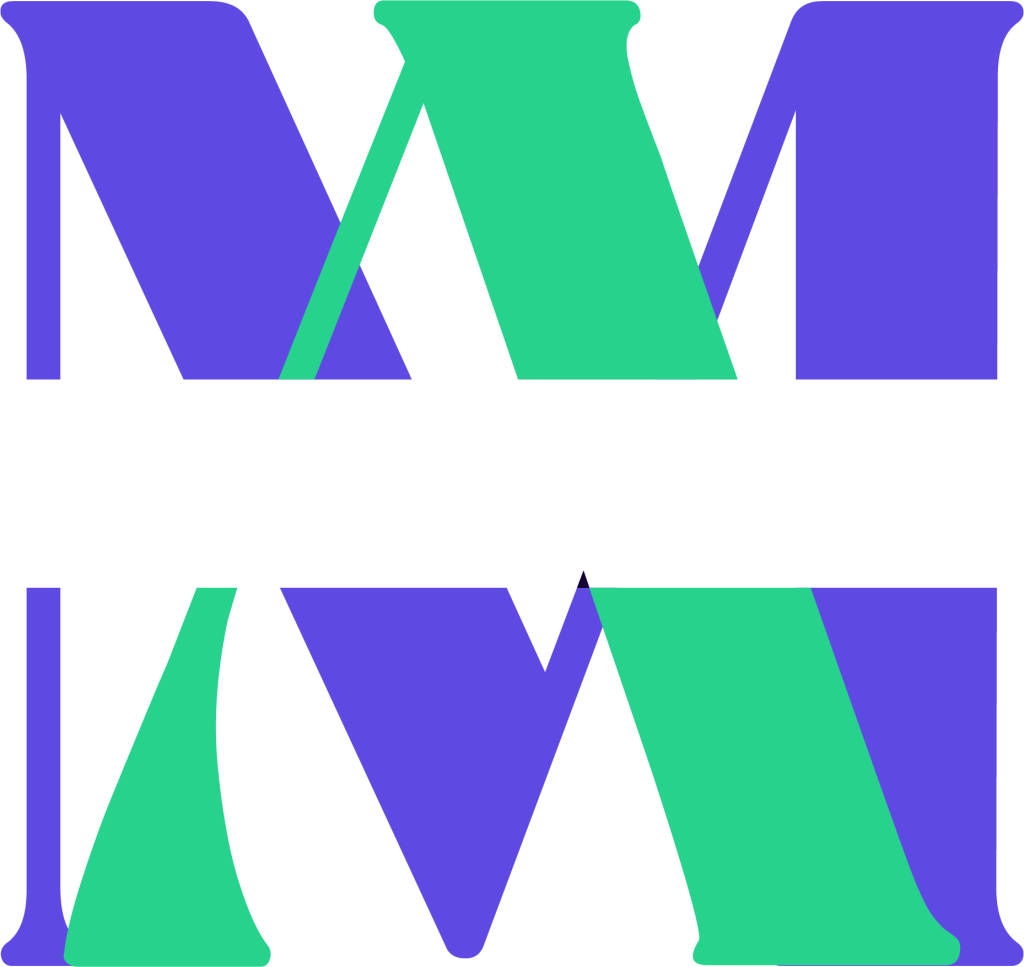Depression
More than 17 million American adults suffer from depression, according to the National Institute of Mental Health. Depression is a mental health disorder that causes repeated feelings of sadness and hopelessness. More than just feeling sad, depression can interfere with every aspect of your life. It affects the way you feel, think, and behave. Depression can even diminish your physical abilities, resulting in headaches, insomnia, or slowed body movements.
Symptoms
symptoms of depression
While this mental health disorder affects everyone differently, common signs and symptoms of depression include:
Persistent sadness
Feelings of hopelessness
Suicidal thoughts
Insomnia or sleeping
Low libido
Weight fluctuations
Anxiety
Slowed thinking
Irritability
Angry outbursts
Fatigue
Low motivation
Loss of interest in activities
Crying spells
Without treatment, depression can interfere with your ability to work, go to school, and maintain relationships. For many people with depression, simply getting out of bed can feel like a chore.
FAQS
Frequently Asked Questions
Doctors don’t know the exact cause of depression, but they do believe certain factors can trigger the disorder, including:
- Chemical changes in the brain
- Hormone fluctuations
- Other health conditions
- Genetics
Those with close relatives who have a history of depression are more likely to develop this condition. Stressful life events, such as financial turmoil, divorce, job loss, or the death of a loved one, can also trigger depression.
Diagnosing depression typically requires a physical exam to rule out an underlying health problem. Along with a comprehensive physical, you may need lab tests and a psychiatric evaluation before receiving an accurate diagnosis of depression.
The Diagnostic and Statistical Manual of Mental Disorders (DSM-5) is a list of depression criteria published by the American Psychiatric Association that helps physicians make this diagnosis.
Depression typically requires an individualized, multifaceted approach to care. Depending on the severity of your depression, A&M Wellness Resource Providers may recommend a combination of treatments.
Medications, like selective serotonin reuptake inhibitors (SSRIs), can help alleviate many of the symptoms of depression. If you have an underlying condition that’s influencing your mood and behavior, your provider may prescribe additional medications.
Cognitive-behavioral therapy (CBT) is another common depression treatment. CBT aims to replace your negative thoughts and behaviors with positive, more helpful ones.

Take the courageous first step toward a new chapter in your life. Reach out to our A&M Wellness Resources today by calling us or connecting with our team online.
Quick Links
Copyright © 2024 A & M Wellness, All rights reserved. Powered by DevopsAlign

